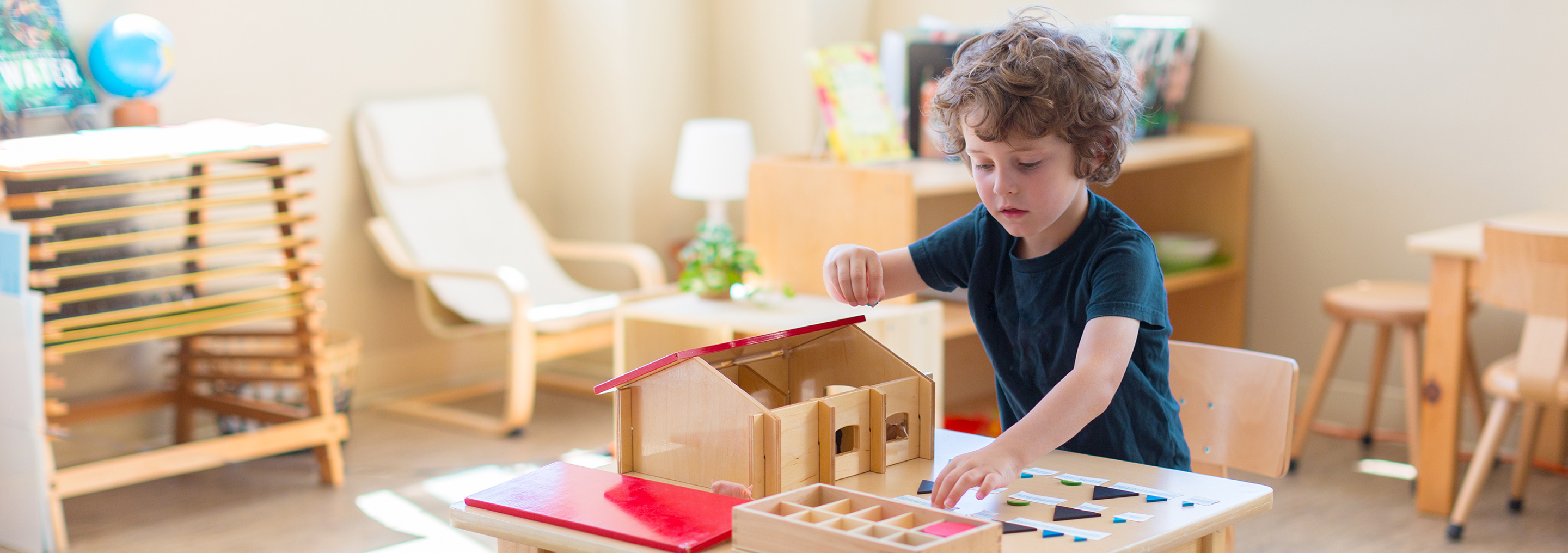- View All
- Topics
- Search
Blog Archive
-
2025 (1)
- January (1)
-
2024 (10)
- December (1)
- October (1)
- September (1)
- August (1)
- July (1)
- June (1)
- April (1)
- March (1)
- January (2)
-
2023 (9)
- September (1)
- August (1)
- July (1)
- June (1)
- May (1)
- April (1)
- March (1)
- February (1)
- January (1)
-
2022 (3)
- December (1)
- November (1)
- September (1)
-
2021 (3)
- November (1)
- March (1)
- February (1)



The Value of Unstructured Time: Encouraging Creativity Beyond Screen Time
For busy parents, screens can conveniently keep children occupied, providing a much-needed break. At Evergreen Academy Montessori, we recognize that parents also need downtime to rejuvenate and manage their tasks. However, our primary focus remains on what is best for the child, which often involves finding a balance that meets both the child’s and the parent’s needs.
On the other hand, some families avoid screen time because their children are engaged in numerous after-school activities like sports, music lessons, and academic programs. While these activities are beneficial, they can also result in overscheduled children missing out on an essential aspect of development: unstructured time.
Why Unstructured Time is Crucial
Children need unstructured time to explore their creativity and develop essential life skills. Here’s why it’s so important:
Developing a Sense of Self
Enhancing Social Skills
Building Self-Discipline and Attention
Practicing Skills
Incorporating Unstructured Time at Home
To integrate unstructured time into your child’s routine at home, start by limiting screen time and avoiding overscheduling with activities. Here are some practical suggestions:
Provide Versatile Play Materials
Encourage Artistic Exploration
Facilitate Outdoor Play
Create Inviting Reading Spaces
Foster Concentration
Conclusion
As parents, it’s easy to overschedule or rely on screens for convenience. However, valuing and protecting unstructured time allows our children to develop crucial skills and creativity. Isn’t it worth trying? Embrace the benefits of unstructured time and watch your child thrive!